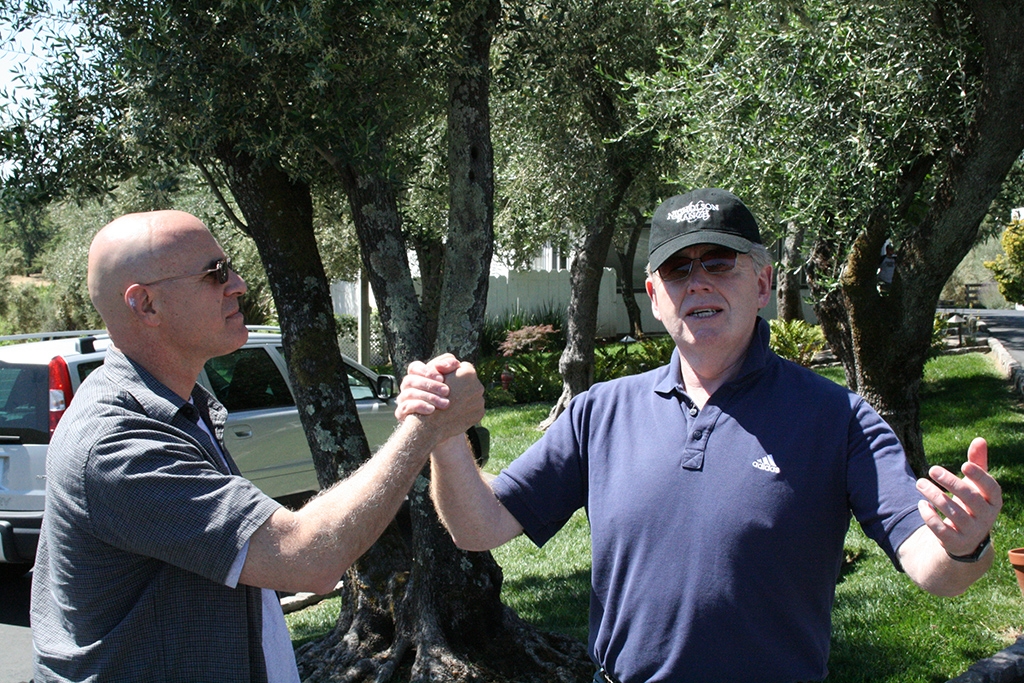Preventing harm related to CBT supervision
The January 2021 British Association for Behavioural and Cognitive Psychotherapies (BABCP) Article of the Month is from the Cognitive Behaviour Therapist and is entitled “Preventing harm related to CBT supervision: a theoretical review and preliminary framework” by Derek Milne
Reflecting on this review paper, I feel like making a confession. After many years of trying to support clinical supervisors in the NHS in my role as a clinical tutor, I have come to realise something I should have seen years ago. Although I paid lip service to the ancient edict ‘First do no harm’, and did things like encourage supervisors to observe their supervisees at work, I consistently ignored the issue of harm. Then in 2014 Mike Ellis published his alarming survey of harmful supervision, and I began to take notice (Ellis, et al., 2014). Mike subsequently edited a special issue of The Clinical Supervisor in 2017, including 11 first-hand accounts of the distressing harm caused to supervisees (and possibly also harming their patients). Together with Bob Reiser, my regular co-author, I was invited to offer a CBT formulation of these accounts. These alerted us to the widespread and disturbing nature of harmful supervision, and we concluded that: “These narratives serve as a clarion call for properly orchestrated supervision systems, including support and guidance for supervisors, and for greater efforts to prevent harm to vulnerable supervisees” (Reiser & Milne, 2017, p.114).

At the same time, we were starting to write a book on ‘supportive clinical supervision’ (Milne & Reiser, 2020), and so I was belatedly getting to grips with specific ways to limit harm through supervision. Although research on harm prevention was exceptionally scant within clinical supervision, we identified 25 relevant studies. As we worked our way through this literature, we kept finding promising signs that some very simple restorative supervision techniques appeared to be surprisingly effective. We estimated that providing as little as 10 minutes a fortnight of restorative supervision was associated with improved personal well-being (e.g. less burnout amongst supervisees), plus reduced clinical accidents and less staff turnover. The cost-benefits were seemingly huge. We also concluded that the supervisor is uniquely well-placed to provide exactly the kind of support and guidance that could achieve such important outcomes. It was an uplifting situation.
As we reached the end of drafting our ‘supportive supervision’ book, we found to our relief that we had exceeded our word limit. So, one of the things we left out was a section on preventing harm. Instead, it formed the basis for the paper ‘preventing harm related to CBT supervision’, which ultimately appeared in The Cognitive Behaviour Therapist (Milne, 2020). That paper was a theoretical review, sketching out a novel but preliminary ‘infidelity framework’ (a classification of ten types of problematic behaviour that commonly contribute to harm, associated with supervision). My review added a summary of the typical antecedents and consequences of these behaviours, to create a generic functional analysis. The paper concluded with examples of evidence-based CBT supervision that might prevent or rectify harm. Now that I am retired, I very much hope that this paper will encourage my successors to develop restorative supervision within research, competency frameworks, and clinical practice.
From Richard Thwaites, the Editor-in-Chief of tCBT: Why I chose this article:
Clinical supervision is an integral requirement for CBT or indeed any form of psychotherapy. There is only a limited amount of discussion and research regarding the potential harms of supervision and yet most of us will have heard of incidents where supervision has been unhelpful or even damaging. One of the first stages of understanding a field is to map it out and start to develop a potential framework. I am pleased to see that this BABCP Paper of the Month does exactly this and as such can facilitate supervisor and supervisee reflection but also provide a starting point for more detailed research in this area.
References
Ellis, M.V., Berger, L., Hanus, A.E., Ayala, E.E., Swords, B.A., & Siembor, M. (2014). Inadequate and harmful clinical supervision: Testing a revised framework and assessing occurrence. The Counseling Psychologist, 42, 434–472. doi:10.1177/0011000013508656
Milne, D. (2020). Preventing harm related to supervision: a theoretical review and preliminary framework. The Cognitive Behaviour Therapist, 13, doi:10.1017/S1754470X20000550
Milne, D., & Reiser, R. (2017). A manual for evidence-based CBT supervision. Chichester: Wiley-Blackwell.
Milne, D., & Reiser, P. (2020). Supportive clinical supervision: From burnout to well-being, through restorative leadership. Brighton: Pavilion.
Reiser, R., & Milne, D. (2017). A CBT formulation of supervisees’ narratives about unethical and harmful supervision. The Clinical Supervisor, 36, 102-115.






